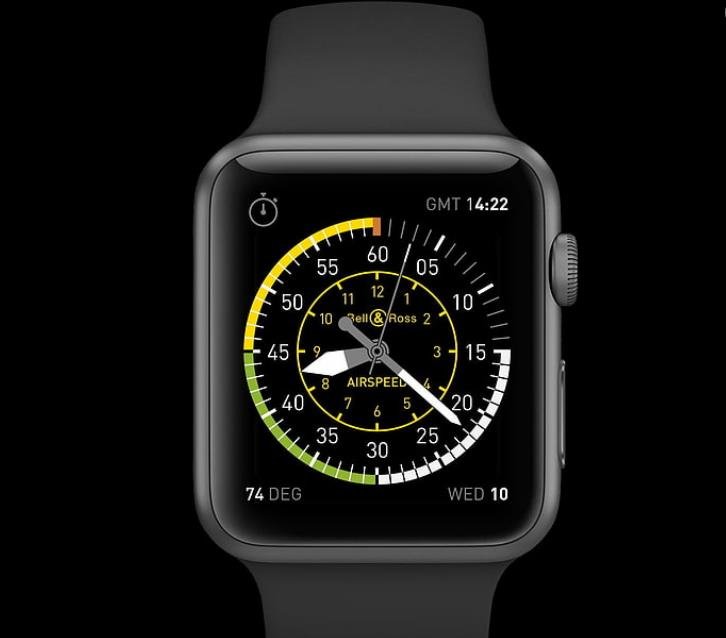Apple has been ordered by the US International Trade Commission (ITC) to stop selling its latest smartwatch models, the Watch Series 9 and the Watch Ultra 2, in the US market. The reason is that these devices infringe on five patents owned by Masimo, a medical technology company that specializes in light-based blood oxygen monitoring.
The ITC issued the ruling on December 21, 2023, after upholding a judge’s decision from earlier this year that found Apple guilty of patent violation. The ban will take effect on December 26, 2023, unless the US president or the US Trade Representative intervenes and vetoes the order.
The ban only applies to the Watch Series 9 and the Watch Ultra 2, which were launched in September 2023 and feature blood oxygen sensors as one of their key health features. Older models with the same capability, such as the Watch Series 6, are not affected by the ban. The ban also does not affect the sales of these devices outside the US.

How did Apple react?
Apple has filed an appeal to the Federal Circuit, asking for a temporary stay of the ban until the court reviews the case. Apple also claims that it has redesigned its watches to avoid infringing on Masimo’s patents, and that it is waiting for the US Customs and Border Protection to determine whether the new versions comply with the ITC’s order.
Apple spokesperson Nikki Rothberg said in a statement that Apple “strongly disagrees” with the order and is “pursuing a range of legal and technical options” to ensure that its watches are available to customers in the US. She added that Apple’s teams “work tirelessly to create products and services that empower users with industry-leading health, wellness, and safety features.”
Apple has also filed two patent infringement lawsuits against Masimo in 2022, accusing it of copying its watch features in its own smartwatch, the Masimo Rad-G Pulse Oximeter. Those cases are still pending in the courts.
What is Masimo’s stance?
Masimo, which was founded in 1989 and is based in Irvine, California, is a leading provider of non-invasive monitoring technologies for hospitals and clinics. It has over 200 patents related to its products, which measure vital signs such as blood oxygen, pulse rate, and respiratory rate.
Masimo sued Apple in 2020, alleging that Apple hired several of its former employees and used their knowledge of Masimo’s products to develop the blood oxygen sensor for the Apple Watch. Masimo also claimed that Apple’s sensor infringes on its patents that cover the use of light-emitting diodes, photodetectors, and algorithms to measure blood oxygen levels.
Masimo CEO Joe Kiani said in a statement that he is “pleased” with the ITC’s ruling and that he hopes that Apple will “respect Masimo’s inventions and intellectual property rights.” He also said that Masimo’s goal is to “improve patient outcomes and reduce the cost of care by taking non-invasive monitoring to new sites and applications.”
What are the implications of the ban?
The ban could have a significant impact on Apple’s sales and reputation in the US, which is one of its largest and most profitable markets. According to research firm IDC, Apple shipped 14.3 million smartwatches worldwide in the third quarter of 2023, accounting for 31.4% of the global market share. The Watch Series 9 and the Watch Ultra 2 were among the best-selling models, with high demand from consumers who value their health and fitness features.
The ban could also affect Apple’s competitive edge over its rivals, such as Samsung, Fitbit, and Garmin, which offer similar or cheaper alternatives to the Apple Watch. Some of these competitors have also been involved in patent disputes with Apple in the past, but none of them have faced a sales ban in the US.
The ban could also raise questions about Apple’s innovation and ethics, as it is not the first time that Apple has been accused of copying or stealing technology from other companies. Apple has been involved in several high-profile legal battles with companies such as Samsung, Qualcomm, and VirnetX over various aspects of its products, such as design, software, and wireless communication.
